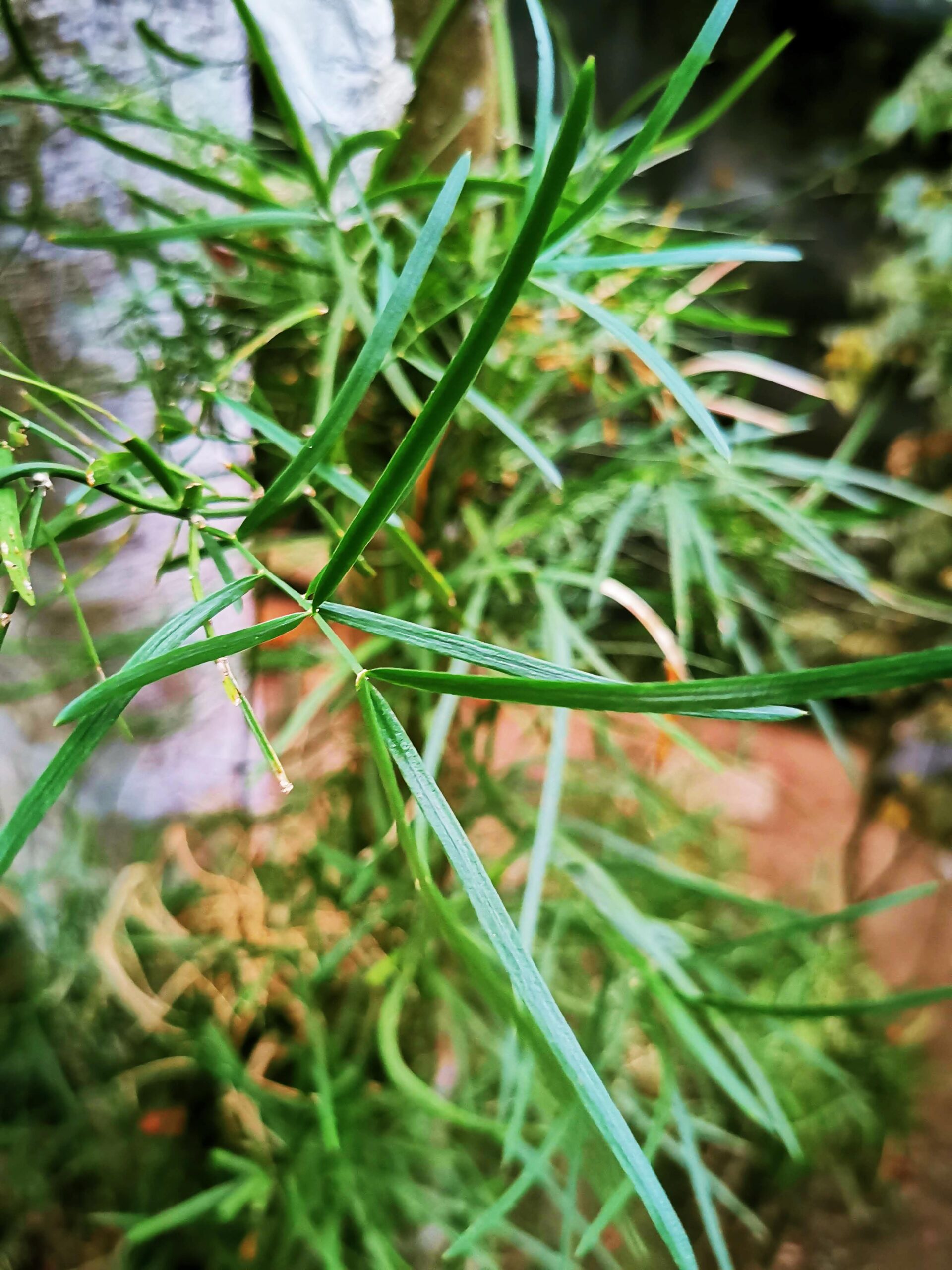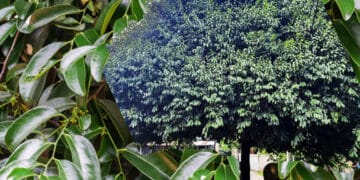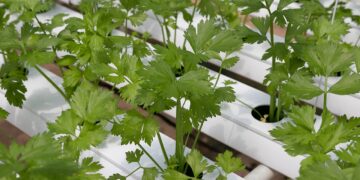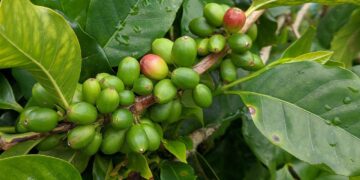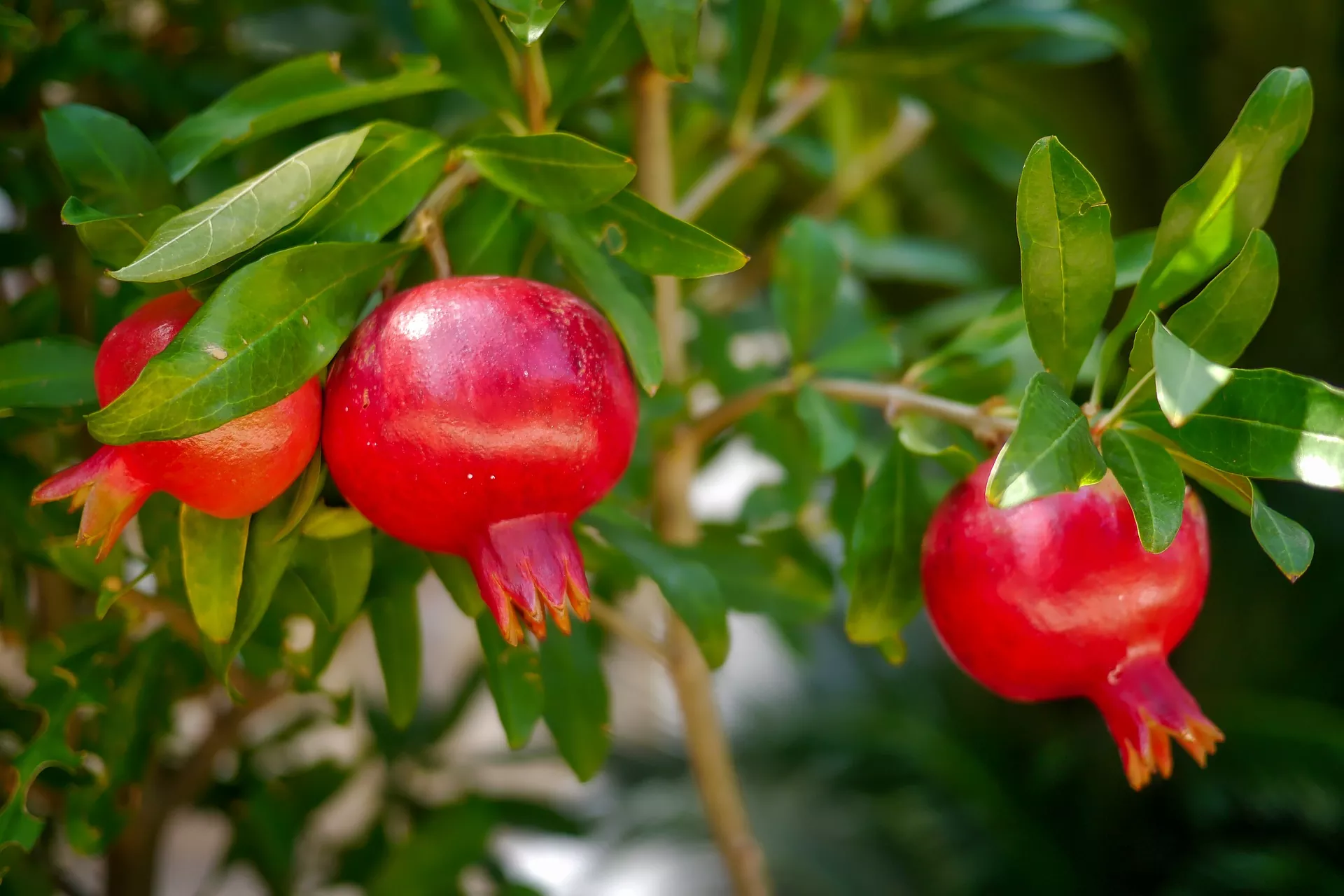Botanical Name: Asparagus Racemosuswilld
It is said that the plant originated in the Eastern Mediterranean and was cultivated by the Romans around 200 BC. Asparagus is a long long-growing, branching plant. Thorns can be seen along the trunk. The roots grow as tubular tubers. It can be found in tropical and subtropical regions such as India, Sri Lanka, and Tropical Africa. It is known for its blood acidity, purifying and energy-enhancing drugs.
| Botanical Name | Asparagus Racemosuswilld |
| Family | Asparagaceae |
| Genus | Asparagus |
In ancient Ayurveda texts, it is said to be an anti-ageing medicine. This means that special medications prepared using asparagus can delay ageing. It is almost impossible to overcome the difficulties, especially with the ageing of women. It is an excellent medicine to reduce wrinkles, weakness, and ventilation. It is also known as a potent drug and a chemical drug. It can alleviate many of the discomfort and weaknesses that come with menopause in women as they age.
This is used by mothers for weaning. Also, it is help women to avoid aggression and develop their breasts.
The plant is mainly used as a medicinal, rootstock. These roots are used to make the drug mentioned earlier. It is also known as herbivore because it has a large number of roots.

Chemistry chemical composition
The main active ingredient in asparagus roots is the Shatavarin group. It contains a number of compounds. In addition, it contains the chemicals of Steroidal Saponin, Isoflavones, Asparagamine, and Racemosal. These leaves contain a chemical called diosgenin.
Modern experimental findings
Research using the Asparagus tubercle has shown that asparagus improves one’s immunity. Also, it is said to have the “age-setting” properties of Ayurveda, as it contains antioxidants. In addition, the anti-ulcerative activity can also be used to heal the ulcer. Because of this, it is also beneficial for peptic ulcer diseases. It is also ideal for reducing stress.
An action similar to estrogen hormone
The function of the main components of the it is similar to the action of estrogen hormones in women. These are not in the Steroid category. Because of this, asparagus medications can cure women’s menstrual disorders and the inconvenience associated with menopause.
Especially, medications containing it can reduce nervousness, hyperactivity, sleep disturbance, and breasts. More importantly, It is good medicine for controlling bone loss, which can occur after women’s menopause.
Other properties
- It causes skin pigmentation.
- When menstruation involves excess blood, it can cure it.

